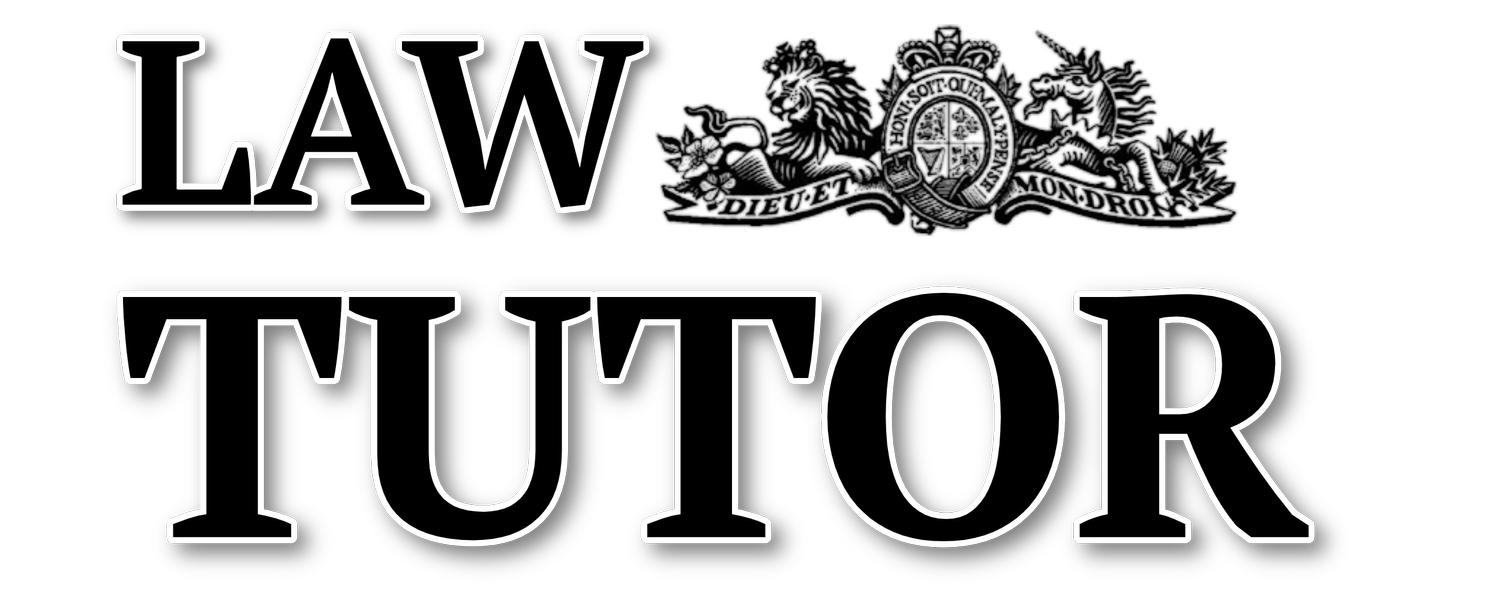Formalities of Trust Q&A
These notes will assist you in determining the legal requirements for establishing trusts as well as the formalities that are often associated with express trusts while you are studying formalities in Equity and Trusts. You will be able to comprehend the rationale behind the legal mandate that some trusts must be established via the use of a certain method. Notes on formalities provide an explanation of the exceptions to the rules that govern formalities, as well as instructions on how to apply the principles and norms to problem question and exam questions.
Problem Question
Last year, on the occasion of Molly's marriage to Sebastian, her mother, Lucy, decided that it would be a convenient time to put her financial affairs in order. She executed a deed of covenant to which her accountants, David and Jones, were the only other parties.
In the deed, she covenanted to:
(i) settle any land that she might thereafter acquire in the Borough of Ealing on Molly for life, remainder to Molly's intended husband, Sebastian, for life if he should survive Molly, remainder to any issue of the marriage in equal shares absolutely; failing any such issue the remainder to go to her next-of-kin, Jack, absolutely;
(ii) settle 1,000 shares in Pluto Leisure Ltd upon Jack for life, remainder to any children that Jack might have absolutely.
The deed appointed David and Jones as trustees of the settlement (they were also The executors under Lucy’s will). At the time of the execution of the deed, Lucy owned one plot of land, Redlands, in Ealing.
The marriage took place and six months later; Lucy purchased another parcel of land in Ealing (Greenlands).
Lucy then fell out with her children and refused to transfer the parcels of land or the shares to the trustees although she had completed all the share transfer forms.
A month ago, Lucy died.
Advise David and Jones on the issues raised by the facts above and the effect of Lucy’s actions.
Short Questions
1. Private trusts are commonly classified as follow:
(a) Express trusts
(b) Implied trusts
(c) Resulting trusts
(d) Constructive trusts.
What, if any, are the distinguishing features of each type of trust?
Do the above classifications have any practical significance?
2. What are the formal requirements of a valid trust made
(a) Inter vivos
(b) By will?
3. Alex wishes to make the following gifts with immediate effect:
a) Alex’s freehold property, 19 Forth Street, Huddersfield to Barry for life and on his death to Colin, absolutely.
b) Alex’s 50,000 shares in Faraway plc to Diane for life and on her death to Edwina, absolutely.
c) Alex’s beneficial interest in a trust created by his late grandfather to Freda for life and on her death to Gordon. The trustees of his grandfather’s trust are Harry and Imogen and the beneficiaries are Alex, his brother John and his sister Katie.
d) Alex’s interest under a bare trust he created last year to Leo. The trustees of the bare trust are Mark and Nina.
Advise Alex of the different methods he can use to achieve his objectives, with reference to the formalities involved.



